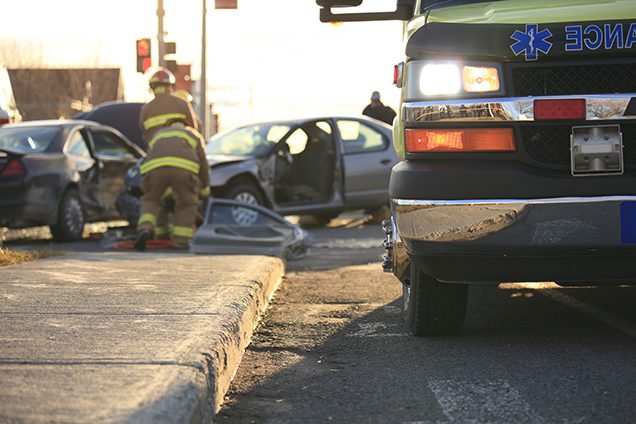Fewer managers, more tech talent: How early AI investments rewired company org charts

A new analysis finds that the ride-sharing platform Uber has reduced overall U.S. traffic fatalities by about 4% overall, and cut alcohol-related traffic deaths by over 6%. That represented about 494 fewer deaths in 2019 alone—about 214 fewer of them from drunk-driving, according to the study.
The National Bureau of Economics Research working paper, Uber and Alcohol-Related Traffic Fatalities, is co-authored by Berkeley Haas Prof. Lucas Davis and Michael Anderson, UC Berkeley professor of Agricultural and Resource Economics.
Davis and Anderson revisited past studies on the impacts of ride-sharing that were based on traffic accident trends when Uber and other ride-sharing companies first began operating in various cities. Those studies had inconsistent, often contradictory results, and the researchers suspected that the publicly available data was not detailed enough to show the true impacts of ride-sharing.
Their new study is based on proprietary data the researchers obtained from Uber on monthly rides from 2012 to 2017 for all 70,000 U.S. census tracts, combined with National Highway Traffic Safety Administration (NHTSA) data on all fatal U.S. traffic accidents from 2001 to 2016.
The data allowed for a more granular analysis: Since Uber is far more popular in some areas than others, they found that prior publicly available data explained less than 3% of the census-track variation in ride-sharing. After crunching the new data, the researchers estimated that by 2019, Uber rides cut traffic fatalities by about 6.1% overall, and cut alcohol-related driving deaths by about 4%. Davis and Anderson found that the effects were even larger during nights and weekends—as expected.
Last year in the United States, there were 42,000 traffic fatalities, with total economic damages approaching half a trillion dollars, Davis said. Based on estimates of the value of statistical life, the annual life-saving benefits from ride-services range from $2.3 to $5.4 billion. Lyft was just getting started during the study period, but the impact would presumably be even larger if data from Lyft were included in the analysis, he said.
”I’m excited about the potential for ride-sharing, automated vehicles, and other new technologies to reduce this staggering loss of life,” Davis said.
The research was highlighted in a Wall Street Journal op-ed on Friday.
Posted in:
Topics:




